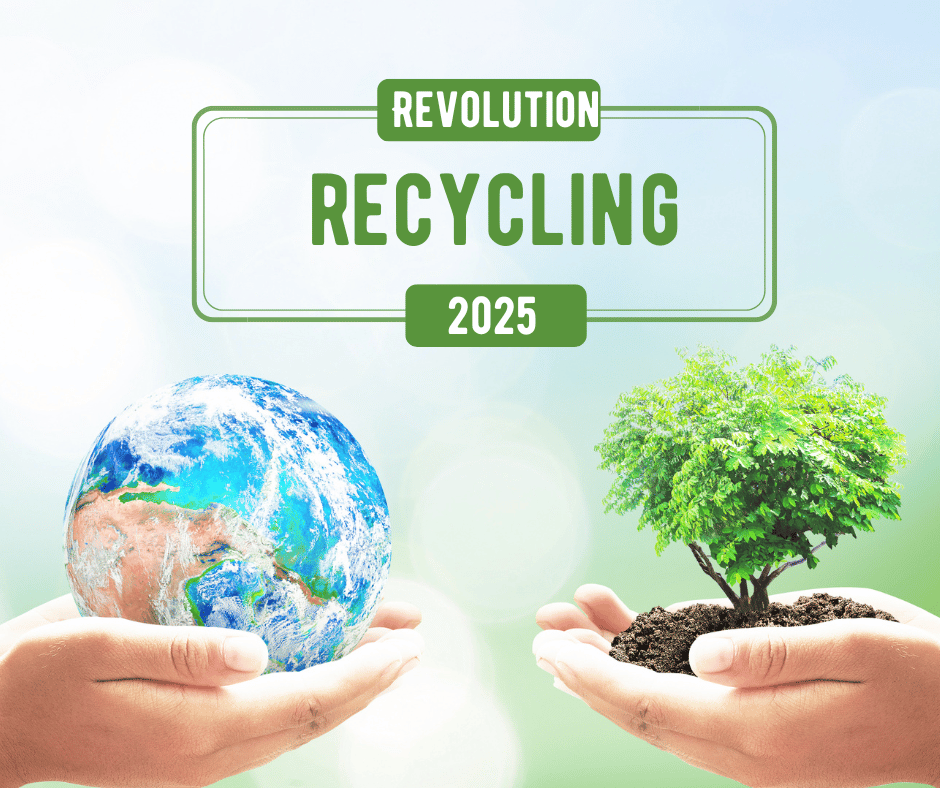
Recycling Revolution: Innovative Ways to Reduce Waste in 2024
As the world faces an escalating waste crisis, innovative solutions are emerging to transform how we think about recycling and waste reduction. In 2024, communities, businesses, and individuals are adopting cutting-edge strategies to minimize waste and promote sustainability. This blog post explores some of the most exciting and effective ways people are reducing waste this year.
1. Smart Recycling Bins
In 2024, technology is playing a crucial role in improving recycling efforts. Smart recycling bins equipped with sensors and AI technology can identify recyclable materials and provide real-time data on waste collection. These bins can help reduce contamination rates by educating users on proper sorting practices. Cities implementing these systems have seen significant improvements in recycling rates and overall waste management.
Key Benefits:
- Improved Sorting: Helps users correctly identify recyclables.
- Data Collection: Provides municipalities with valuable insights for optimizing waste collection routes.
- User Engagement: Encourages community participation through gamified recycling programs.
2. Upcycling Workshops
Upcycling—transforming old items into new products—has gained popularity in 2024 as more people seek creative ways to reduce waste. Communities are hosting workshops that teach skills like furniture restoration, clothing alterations, and repurposing everyday items. By learning to upcycle, individuals can extend the life of products and reduce their reliance on new purchases.
Key Benefits:
- Creativity and Skill Development: Participants learn valuable skills while expressing their creativity.
- Community Building: Workshops foster connections and collaboration among participants.
- Reduced Waste: Keeps items out of landfills and promotes sustainable consumption.
3. Zero-Waste Stores
The zero-waste movement continues to flourish in 2024, with more stores offering bulk goods and package-free shopping options. These stores allow customers to bring their own containers and purchase only what they need, reducing packaging waste significantly. From bulk grains to personal care products, zero-waste stores are making sustainable shopping accessible and convenient.
Key Benefits:
- Minimized Packaging: Reduces single-use plastics and other non-recyclable materials.
- Cost-Effective: Buying in bulk can save consumers money.
- Sustainable Choices: Encourages ethical purchasing habits.
4. Innovative Recycling Programs
Several cities have launched innovative recycling programs that focus on hard-to-recycle materials, such as electronics and food waste. For example, specialized drop-off centers for e-waste allow residents to responsibly dispose of old electronics, while composting programs turn food scraps into nutrient-rich soil. These initiatives not only divert waste from landfills but also educate communities about proper disposal methods.
Key Benefits:
- Comprehensive Waste Management: Addresses various types of waste beyond traditional recyclables.
- Environmental Impact: Reduces pollution and greenhouse gas emissions associated with landfills.
- Community Education: Raises awareness about sustainable disposal practices.
5. Digital Platforms for Sharing and Repairing
In 2024, digital platforms dedicated to sharing and repairing have become essential tools for reducing waste. Websites and apps that facilitate the sharing of tools, clothing, and other items encourage community members to borrow rather than buy. Repair cafes and workshops help individuals fix broken items instead of discarding them, promoting a culture of reuse.
Key Benefits:
- Resource Efficiency: Maximizes the use of existing items within a community.
- Cost Savings: Reduces the need for new purchases.
- Skill Preservation: Encourages learning about repair techniques and sustainability.
Conclusion
The recycling revolution in 2024 is marked by innovation, creativity, and community engagement. By embracing new technologies, practices, and mindsets, we can significantly reduce waste and promote a more sustainable future. Whether you choose to participate in local upcycling workshops, shop at zero-waste stores, or engage with smart recycling solutions, every effort counts in the fight against waste. Together, we can make a meaningful impact on our environment and inspire others to join the movement toward sustainability.
